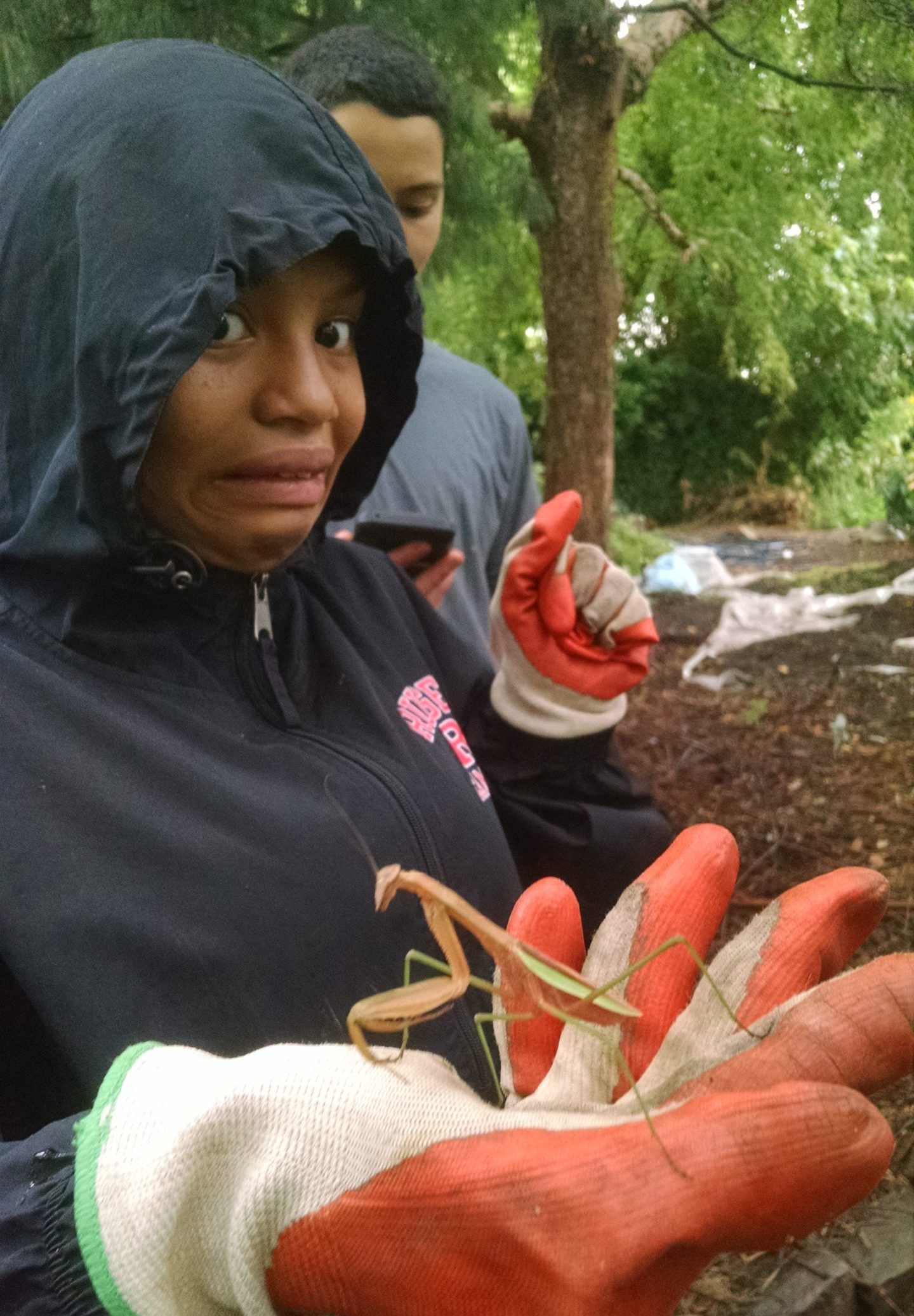Reflection for January 2017
This coming Friday the United States goes through a most amazing process. One President steps down while another President steps up! Watch the Secret Service person move from behind President Obama while Donald J. Trump takes the oath of office. That Secret Service person takes up a position behind the new President. It is an amazing testimony to the power of democracy, the passing of power from one human being to another! It is one of the things that ought to make us citizens proud of our country. While we can marvel at the strength of our constitutional order, elections do have consequences that demand our attention.
President-elect Trump, on the campaign trail and during this transition, has demonstrated, by his tweets, his cabinet selections and his speeches that the environment is not a high priority at all for him. He wants to draw the US back from its commitments on climate change; he wants to expand oil and natural gas drilling; he questions the science that supports action in response to dangers that threaten whole ecosystems of which human beings are a part. Elections do have consequences!
Some have cautioned that those of us who have concerns about the environment should wait to see what President Trump will actually do when he is in office. While what President Trump actually does in office is certainly important, and will influence what people do or do not do, I think it is vital that we all act, regardless of what President Trump may do, and we ought to act locally. Regardless of President Trump’s actions and policy prescriptions, each of us can be an agent of change in our communities, our own neighborhoods. We ought to educate ourselves on the issues impacting our local communities. Where does our water come from? How is it treated? We ought to support local farmers which keeps money in the local economy, reduces the carbon footprint of our food sources, and provides us more nutritional quality fresh food. We ought to support local producers of other every day items, so that we keep money in our local economy and reduce the carbon footprint of our consumption practices. We ought to find alternative sources of energy to heat and cool our homes. We should explore solar panels. If you are a NJ resident, there is a very economic way to turn your roof into a power source. Explore co-op arrangements in which multiple residential units can invest in a common solar farm. Find out what your local, state and federal representatives are doing with their votes on environment related legislation. Call them. Show up at their town halls. Raise your voice. Hold them accountable to you, the people they represent!
If national policy will not be oriented at doing what is necessary to safeguard our global ecological health, then local communities must establish structures of resilience in order to adjust to the significant changes that climate disruption will cause. We are seeing these disruptions in the erosion of shore lines, the rising sea water, the increasingly violent weather events and the climate refugees from other parts of the world. Resilience is the answer and localizing that resilience is a must.
Yes, power will transfer peacefully on January 20, 2017. We live in an amazing country! But that transfer of power has consequences far beyond the two people involved in that exchange. Each of us who is concerned about the future of our planet must act, and must act locally. Regardless of what President Trump will do, building resilient communities is a first and necessary step. If a concerted response must be made to simplistic and dangerous policy proposals that come out of Washington, DC over the next few years, then the local work we can begin today will provide a starting place for that response.
There is so much we can do, in our homes, our neighborhoods, our communities! Begin now!
Peace,
Mark Doorley, Ph.D.
President Emeritus, CFET Board



